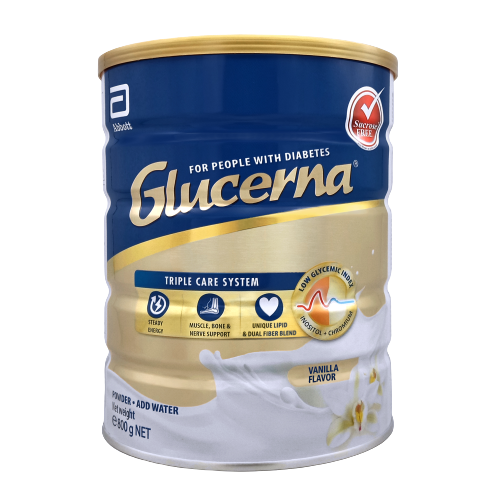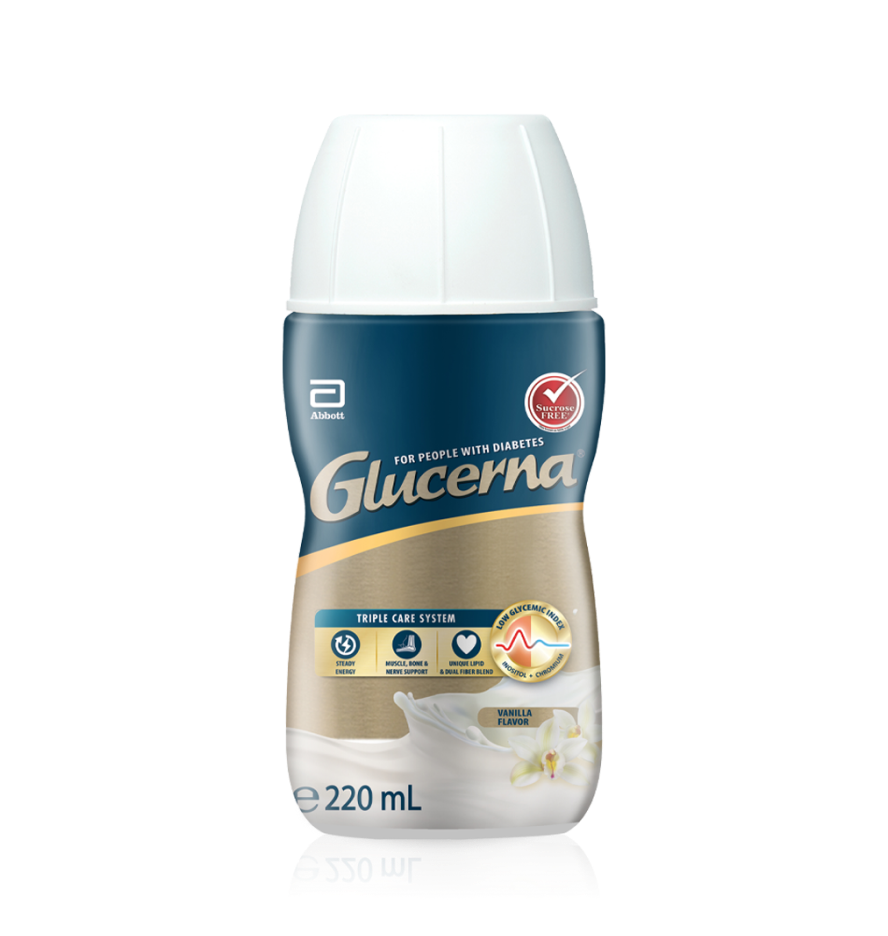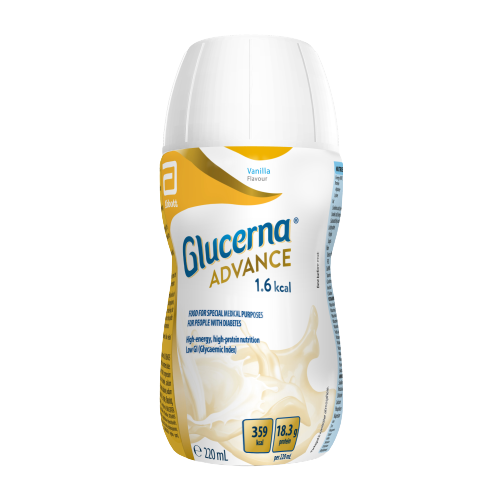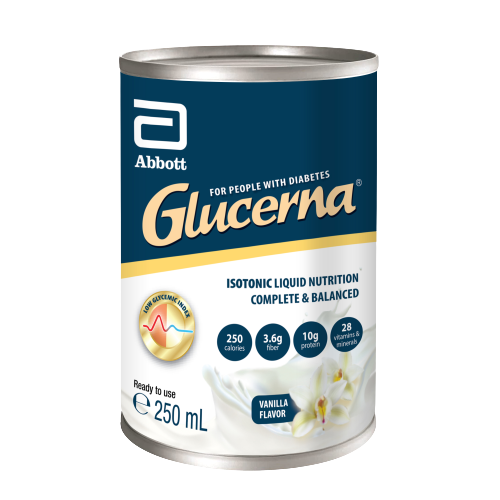Helps blood glucose control
What Is Inositol?1
Inositol is a type of carbohydrate found in plant and animal food as well as in the human body.
Despite not truly being a vitamin, it is frequently referred to as vitamin B8.
Almost all body tissues can produce a certain amount of inositol. Inositol is primarily produced by the testes, heart, pancreas, ovaries, and placenta.1






